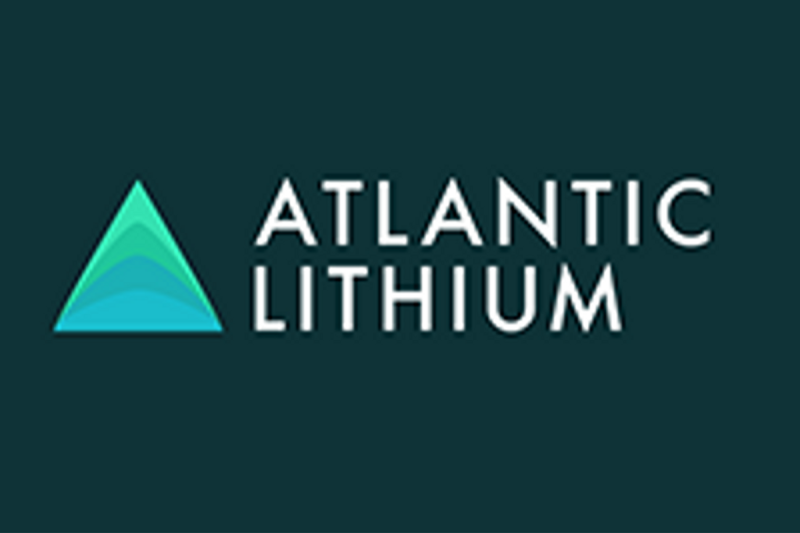Mining companies play a vital role in the global economy by extracting precious resources that fuel industries and drive development. To operate legally, mining companies must obtain a mine operating permit from the relevant authorities. The granting of a mine operating permit is a multifaceted process that involves various stages and considerations to ensure safe and environmentally responsible mining operations.
One of the primary requirements for obtaining a mine operating permit is a comprehensive submission of the mining plan. This plan details the proposed mining activities, including the site layout, extraction methods, waste management strategies, and environmental protection measures. The mining plan serves as a blueprint for how the company intends to conduct its operations and is crucial for demonstrating compliance with regulatory standards.
Environmental impact assessments (EIAs) are another critical component of the mine operating permit application process. EIAs evaluate the potential environmental effects of the mining activities on the surrounding ecosystem, wildlife, and local communities. These assessments help authorities make informed decisions on granting permits by ensuring that the proposed mining operations are sustainable and minimize harm to the environment.
Community engagement is also a key aspect of the mine operating permit approval process. Mining companies must consult with local communities and stakeholders to address concerns, gather feedback, and incorporate social considerations into their operations. By engaging with the community, mining companies can build trust, foster positive relationships, and promote sustainable development that benefits all parties involved.
Health and safety considerations are paramount when assessing mine operating permit applications. Mining companies must demonstrate compliance with strict safety regulations to protect the well-being of their workers and prevent accidents or injuries. The implementation of robust safety protocols, training programs, and emergency response plans is essential for obtaining a permit and ensuring a safe work environment.
Furthermore, financial responsibility plays a crucial role in the permitting process. Mining companies must provide financial assurances, such as reclamation bonds or insurance policies, to cover the costs of site remediation and environmental restoration once mining activities cease. These financial guarantees assure regulators that the company has the means to mitigate any potential environmental damage and fulfill its obligations after mining operations conclude.
In conclusion, the granting of a mine operating permit is a comprehensive process that requires mining companies to meet a wide range of criteria related to environmental protection, community engagement, health and safety standards, and financial responsibility. By adhering to these requirements, mining companies can operate responsibly, sustainably, and in compliance with regulatory guidelines. The permit approval process not only safeguards the environment and local communities but also ensures the long-term viability of mining operations for the benefit of all stakeholders involved.

